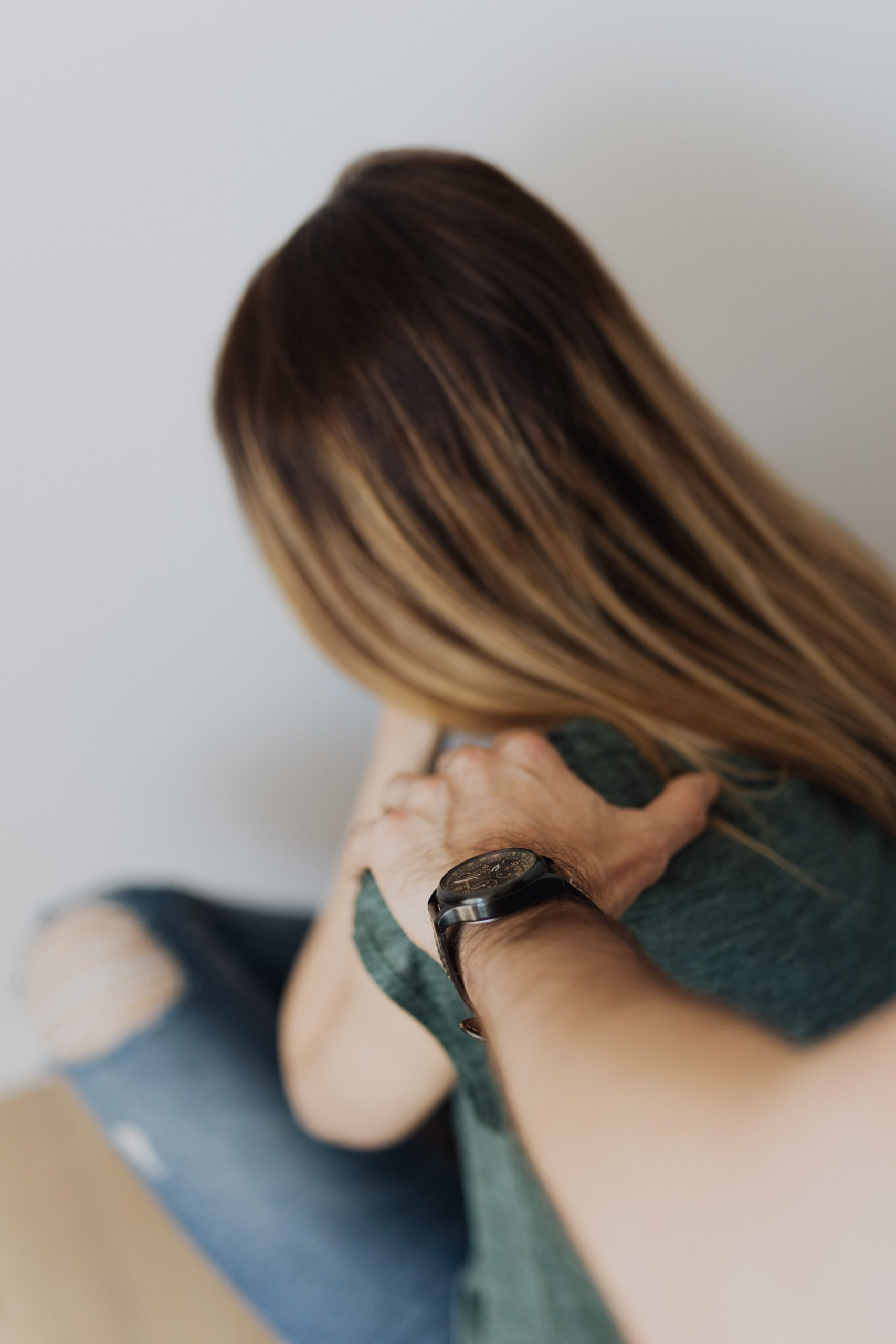International Women’s Day 2021 comes amid a global pandemic and, what the United Nations (UN) has termed, a ‘Shadow Pandemic’ of violence against women. The gendered consequences of COVID-19 have been felt in all aspects of women’s lives and this has exacerbated pre-existing inequalities. According to the UN, women have been hardest hit by the economic fall out of the pandemic and given the feminised nature of work and care they have also been disproportionately at risk of succumbing to the virus. Concerningly, marginalized and disabled women will bear the most significant physical and economic costs overall.
In the UK, there are concerns that the pandemic risks ‘turning the clock back on gender equality’ by 20 years. In addition to the widespread concerns surrounding increased gendered violence(s), there have been gendered consequences on home schooling, furlough and inflexible employers, girl’s education due to domestic chores, and an exacerbation of the precariousness of women’s already precarious employment. We know that it is these everyday economic and social hardships and lack of available choices that often keep women from leaving abusive relationship. Even with recent gains in women’s participation rates in employment, these still vary considerably by ethnicity and disability. In the light of these known gendered, ethnic, classed and disablist disparities, the UN has stressed the need for gender sensitive responses to tackle inequality in the post-covid recovery.
Back in the UK, 2021 should mark the launch of the Domestic Abuse Act which will for the first time carry a legal definition of domestic abuse. Yet, the gendered nature of that abuse does not feature prominently by definition in this legislation nor in the practice it promotes. Moreover, its systematic exclusion of the most vulnerable women in our society – refugees fleeing violence from war torn and poor countries or those trapped in abusive relationships here in the UK by their insecure immigration status – risks destabilising the so-called ‘landmark’ legislation. Further still, despite the gendered and diverse consequences of the Shadow Pandemic and the tsunami of issues likely to come in its aftermath, this legislation carries no statutory requirement to fund vital specialist community and gender sensitive services.
This is unfortunate as, without such services, many women will lack the necessary support so vital to empower them to leave abusive relationships and live violence free and equitable lives. Without a gender sensitive response, the economic and social disparities between men and women are left unchallenged. Moreover, without an intersectional lens, we are not just gender blind but somewhat complicit in the unintended consequences of the criminalisation of domestic abuse which ‘creates the very conditions that spur the violence that it seeks to remedy’ (Goodmark, 2020).
Goodmark’s recent work suggests that minoritized communities are more likely to feel disempowered by laws that seek to ‘protect’ them, if indeed, they reach them at all. In our research project on Clare’s Law (the Domestic Violence Disclosure Scheme), we seek to explore and understand a diverse range of women’s experiences of a ‘law’ that seeks to provide them with the knowledge about an abuser’s criminal past. Knowledge that supports them in making informed decisions to keep themselves and their children safe. Yet, this knowledge tends to come with its own intersectional blindness and gendered stereotypes and expectations. As Charlotte Barlow pointed out in her previous post, women are often divided into deserving and undeserving of support when the knowledge imparted upon them did not empower them to leave. In Nicole Renehan’s post she showed that the knowledge to empower can similarly disempower women by reproducing the accusatory question ‘why doesn’t she just leave?’. This condemns rather genuinely explores if they even want to leave, how they might do that or what they might need. Indeed, in Sandra Walkate’s post, we find that Clare’s Law may even have been introduced with little thought at all given to how it might empower women, never mind for which women and when.
So, on this International Women’s Day, we Choose to Challenge whether laws meant to protect women can ever really empower them without listening to and understanding about the complexities of their lives and the gendered inequalities and multifaceted adversities they face worldwide.
